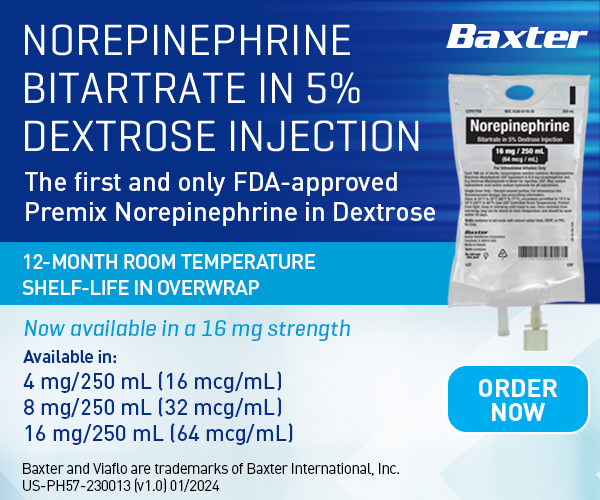GREENVILLE, NC — To better understand vaccine hesitancy related to COVID-19 shots, a study recently looked at how likely deployed military personnel is to be vaccinated.
“In the United States, vaccine hesitancy has been identified as a major barrier to vaccination against COVID-19, but attitudes toward COVID-19 vaccination among military personnel are not well understood,” write the East Carolina University-led authors.
With co-researchers from the U.S. Army and Navy, as well as the Mayo Clinic, the study team evaluated the prevalence and correlates of COVID-19 vaccine consent or refusal among deployed personnel in a joint environment.
To do that, investigators retrospectively extracted deidentified data from the MHS electronic medical record in May 2021. Included in the analysis were all personnel currently assigned to the deployment area of operations if their choice to receive the vaccine was known. Most of the 1,809 servicemembers in the group, 72%, were in the army, with others in the Reserve (53%) or National Guard (27%) units.
Results indicate that, in the overall sample, 61% accepted the vaccine prior to mandates, with vaccine acceptance rates being lowest among Black or African-American personnel (54%; P = 0.03 for comparison across racial groups) and members of Reserve or National Guard units (59%; P < 0.001 for comparison by component). Sex or health status, including prior COVID-19 infection, was not found to make a difference in vaccine acceptance, according to the report in Military Medicine.1
“Overall vaccine acceptance was greater among deployed military personnel than that reported in the U.S. population as a whole,” the authors explain. “However, lower vaccine acceptance among personnel from marginalized populations suggests a need to ensure that all servicemembers have sufficient opportunities to have a frank and ongoing discussion with healthcare providers to address concerns related to vaccination. Additionally, lower vaccine acceptance among Reserve and National Guard personnel indicates a need for innovative educational approaches to counter vaccine hesitancy in the premobilization phase of deployment.”
- Higginson JD, Tumin D, Kuehhas TC, DeLozier-Hooks SE, Powell CA, Ramirez DD, Dabelić A, Basso MR. COVID-19 Vaccine Hesitancy Among Deployed Personnel in a Joint Environment. Mil Med. 2021 Dec 11:usab518. doi: 10.1093/milmed/usab518. Epub ahead of print. PMID: 34897473.

